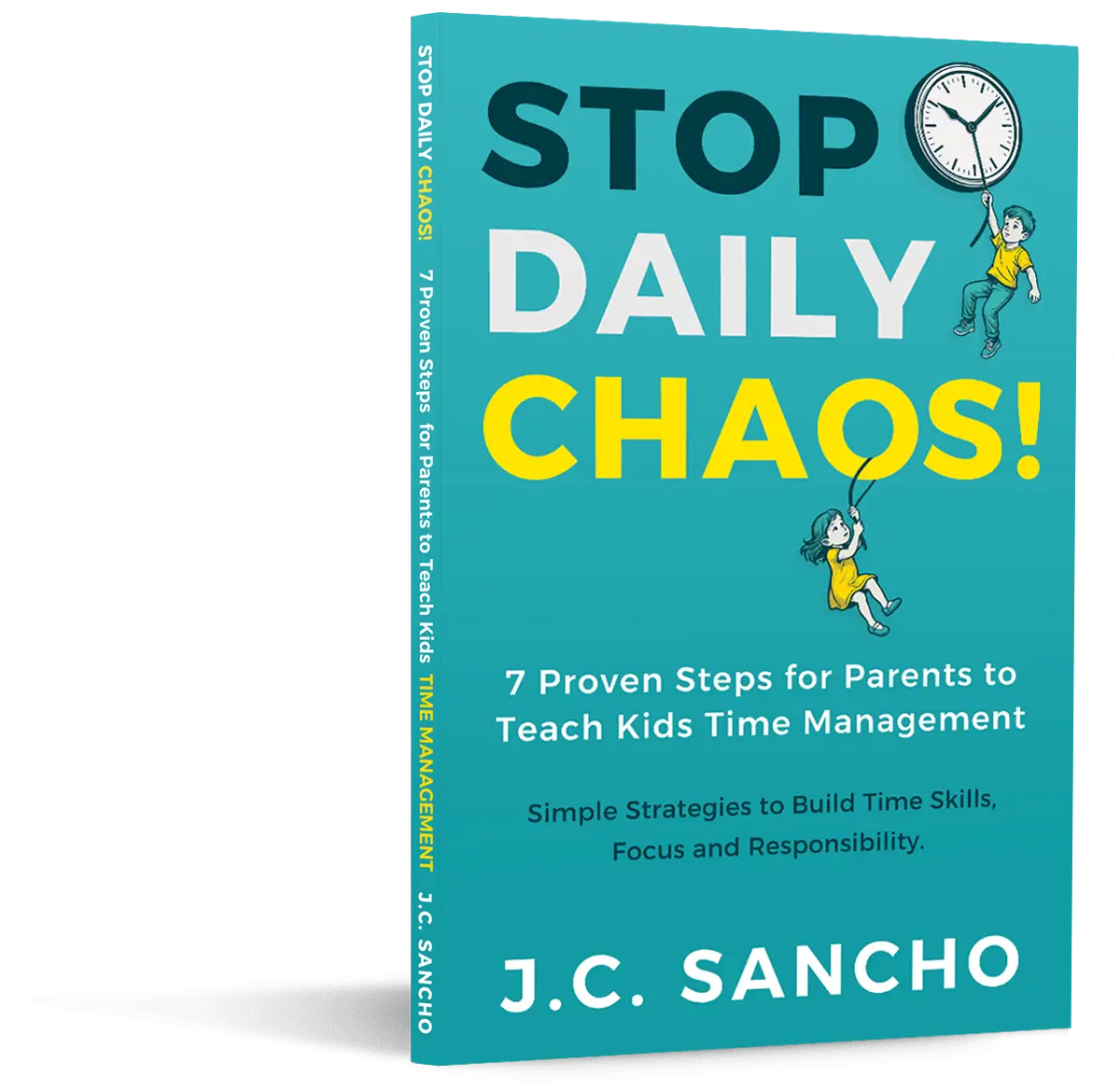Understanding Speech Delay at 2: Navigating Language Milestones, Spotting Red Flags, and Engaging with an SLP
When your child turns two, their world expands exponentially. They begin to explore more, engage with others, and most notably, they start to develop their language skills rapidly. However, if you have a speech delay 2-year-old, this period can be fraught with worry and uncertainty. You find yourself questioning every silence, every mispronounced word, every missed language milestone. But here’s something important to remember – you’re not alone in this.
Many parents have walked this path before and many will follow. It’s all about understanding what’s normal for a 2-year-old’s speech development, recognizing the red flags of speech delay, and knowing when to seek help from a Speech-Language Pathologist (SLP).
If your 2-year-old isn’t quite hitting those talkative strides yet, don’t panic. Every child develops at their own pace. Some children may hit their language milestones earlier than others. That said, it’s important to keep an eye out for potential signs of speech delay.
Understanding Language Milestones: What to Expect from Your 2-Year-Old
The first step is understanding what typical language development looks like for a 2-year-old. Around this age, children often start combining words into two-word phrases like “more juice” or “mommy up”. They should also begin to follow simple instructions and understand basic questions.
Your child might not have a vast vocabulary just yet — usually around 50 words at this stage — but they should be able to communicate effectively using these words combined with gestures or pointing.
Apart from verbal communication skills, comprehension plays an equally important role in language development. Your child should be able to recognize common objects and pictures, follow simple instructions, and understand basic questions. This showcases their ability to process and interpret language, which is just as important as speaking.
While these are guidelines for typical speech development, it’s essential to remember that each child is unique and may not fit neatly within these milestones. If your child isn’t meeting all of these markers, it doesn’t necessarily mean there’s a problem. However, if they’re significantly behind or showing other signs of speech delay, it might be time to consult an expert.
Red Flags: When to Worry About Speech Delay in Your 2-Year-Old
So what exactly are the red flags for speech delay? One of the most apparent signs is a limited vocabulary. By two years old, most children can say at least 50 words and start combining them into two-word phrases. If your child isn’t doing this yet, it could indicate a speech delay.
Other potential signs include difficulties with pronunciation that go beyond cute mispronunciations or ‘baby talk’. For instance, if your child consistently misses certain sounds or can’t make specific sounds like p’s or b’s, this might be a cause for concern.
If your child struggles to understand simple instructions or questions — such as “Where is your nose?” or “Bring me the ball” — it can also signal a possible speech delay. Remember, understanding language is just as important as being able to speak it.
Pay attention to how your child interacts with others. Are they engaging in pretend play? Do they point at things and attempt to name them? These activities demonstrate an understanding of language and its use. If your child avoids these interactions or seems disinterested in communication, it might be a red flag.
Next Steps: When to Consult an SLP for Your Child’s Speech Delay
If you’ve noticed any of these red flags with your 2-year-old, it may be time to consult an SLP. An SLP is a professional who specializes in diagnosing and treating speech and language issues. They can assess your child’s language development and provide strategies or therapies to help improve their speech.
Early intervention is key when it comes to speech delay. The sooner you seek help, the better the outcome for your child. So if you’re worried about your child’s speech development, don’t hesitate to reach out to an SLP.
During the initial consultation, the SLP will likely ask about your child’s developmental history and observe them during play. They may also use standardized tests to evaluate your child’s speech and language skills. Based on this assessment, the SLP will create a treatment plan tailored to your child’s specific needs.
The path ahead might seem daunting, but remember that you’re not alone in this journey. There are numerous resources available for parents dealing with a speech delay 2-year-old — from support groups to educational materials. You have what it takes to navigate this path and help your child flourish.
A Moment of Reflection: Embracing the Journey with Your Speech Delay 2-Year-Old
As we come towards the end of our discussion on speech delay at 2, let’s take a moment to reflect on this journey. It’s natural for parents to worry when their child isn’t meeting certain milestones — we all want our children to thrive and succeed in every aspect of life.
But here’s another perspective worth considering: every child is unique, with their own timeline for development. A speech delay doesn’t define your child; it’s merely a part of their journey. And while it may present challenges, it also offers opportunities — opportunities to learn, grow, and understand your child on a deeper level.
So if you find yourself grappling with the reality of having a speech delay 2-year-old, take heart. Yes, there will be hurdles to overcome and steps to navigate. But amidst all that, there will also be victories — small triumphs in everyday moments when your child forms a new word or makes a connection they hadn’t before.
And in those moments, you’ll realize that this journey isn’t just about reaching milestones or ticking boxes. It’s about celebrating progress, however small it may seem. It’s about understanding your child and supporting them in their unique path of development. Because at the end of the day, that’s what truly matters.



